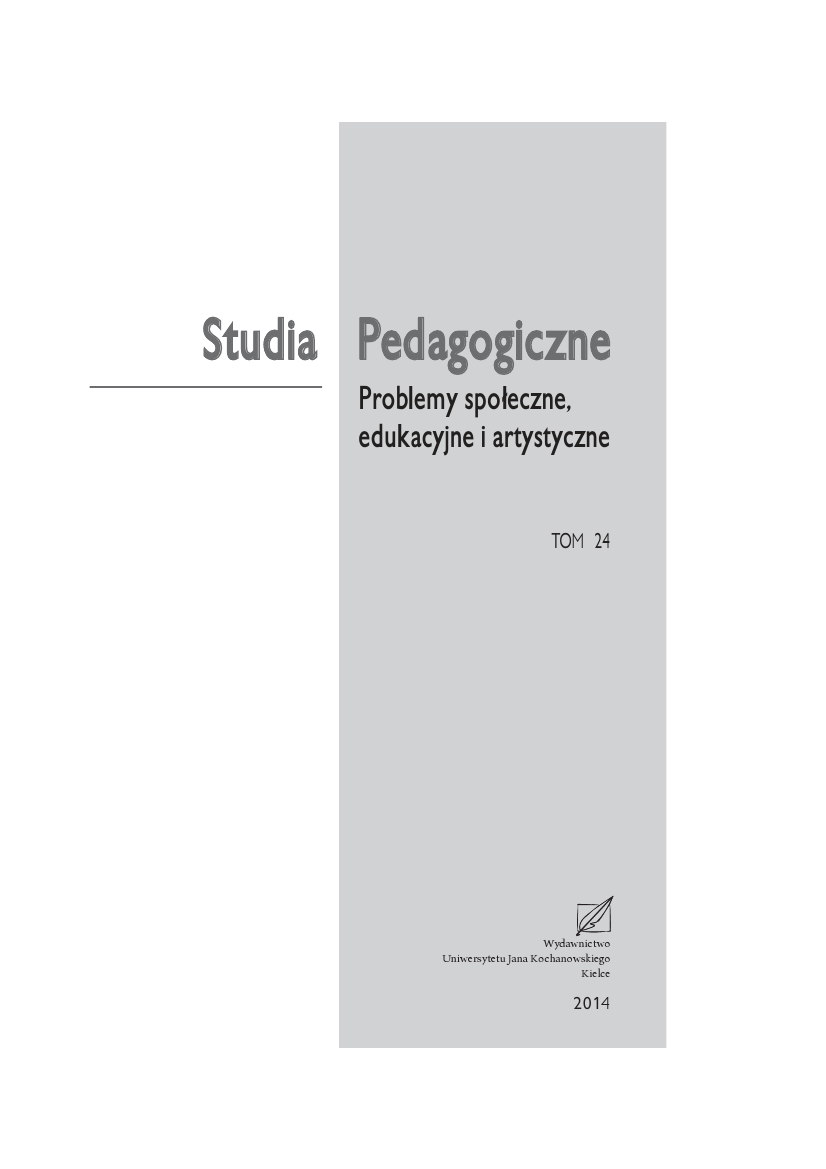
We kindly inform you that, as long as the subject affiliation of our 300.000+ articles is in progress, you might get unsufficient or no results on your third level or second level search. In this case, please broaden your search criteria.


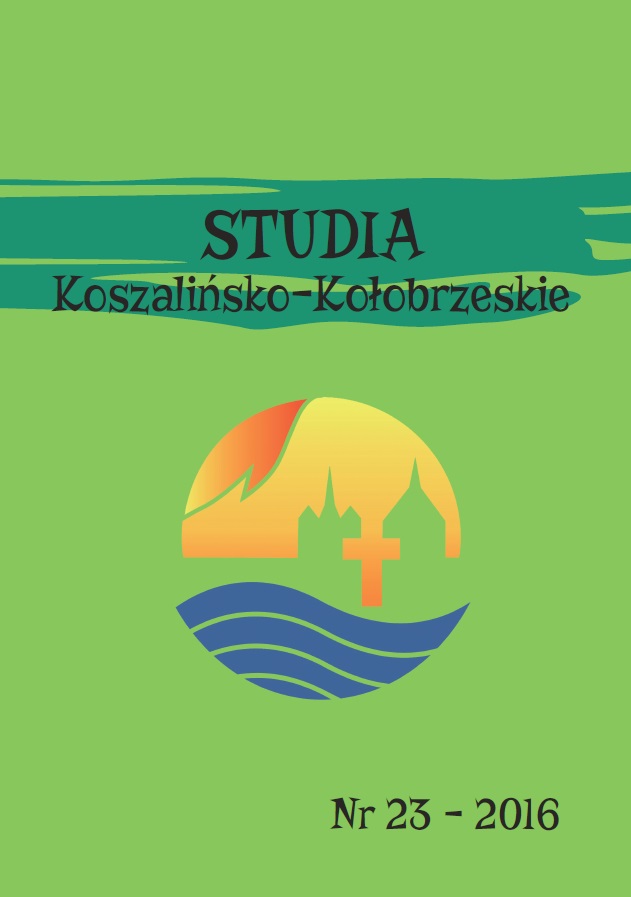




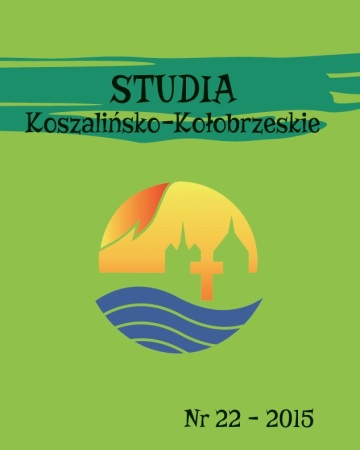





Throughout the recent decades of foreign language teaching the best new technology has been adapted and has been put in the context of teaching and learning. In particular the use of filmed materials has entered widely the process of foreign language didactics. Many are the reasons why language teachers should use their filmed material. They complement textbooks with authentic paralinguistic as well as extra linguistic cultural material featuring a reality as close to the place of language in the object of study. The utilization of these materials has raised curiosity and motivation in language learning. Even scientific research support this typology of learning. Of course the teacher must be careful in the selection of films which should include some specific criteria. The collection of the teaching materials related to the film selected parts, takes time and special specifications, but it provides in depth acquisition through the active participation of pupils.
More...
The aim of this paper is to trace the correlations between socio-economic status and stereotypes in the construction of the identity of the Romani minority. To this end the paper will focus mainly on contemporary representations of the Romani people in American media, in particular the reality TV show My Big Fat American Gypsy Wedding and other related shows, such as Jersey Shore and its British spin-off, Geordie Shore. In the analysis I will be interested mostly in how stereotypes are made to fit the general format of the show and, in the case of My Big Fat American Gypsy Wedding, repackaged as authentic ethnic culture. The aim of the comparison is to illustrate the fact that, though both Jersey Shore and My Big Fat American Gypsy Wedding claim to offer an insight into the everyday lives of a particular ethnic minority, both shows follow a similar frame that has little to do with their respective subjects’ ethnic background and more to do with their social and economic background. The overlap between social and ethnic background can prove to be particularly problematic in the case of the Roma, since there is a distinct lack of counter-narratives and, historically, Romani cultural identity has always been tied to a particular social and economic class. Thus I will also attempt to integrate these representations into a broader historical perspective on the formation of Romani identity in order to better understand the problematic nature of contemporary representations of the Roma.
More...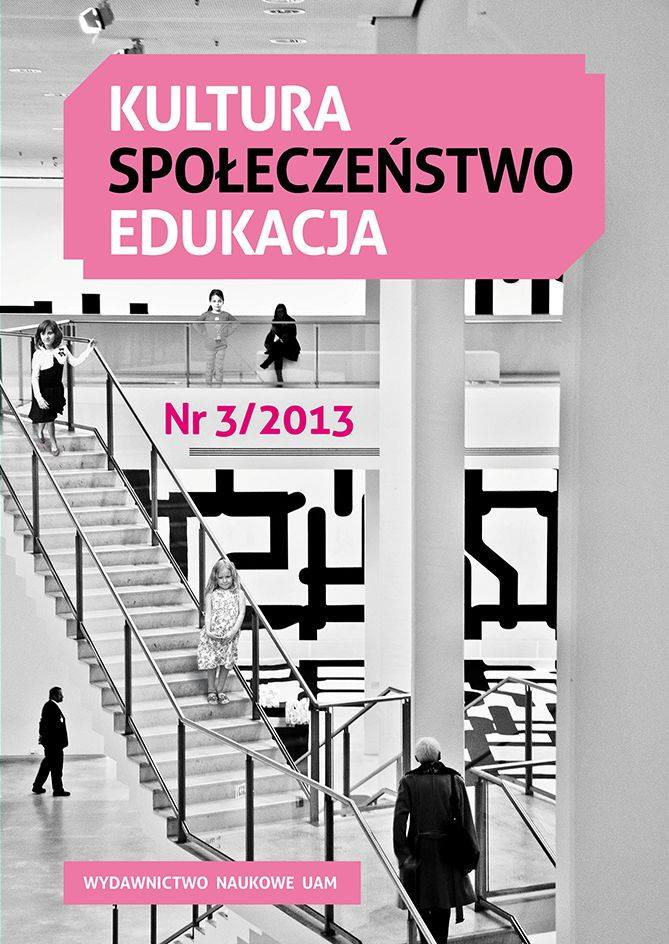
The essence, the characteristics of subjectivity as part of future teacher professional positions are substantiated in the article. It is established that the subjectivity of the teacher as an integral professionally important quality of personality is found in the quest for self-determination, self, selfregulation and self-improvement in professional and educational activities. The concept of student - future teacher subjectivity is concretized. The content of the subjectivity of future teachers in the context of age-professionalization process of the future specialists is analyzed. The features of the development and implementation of subject activity of students in educational and professional activities in higher education are described
More...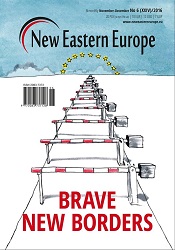
Recent debates on refugees and migrations in Europe have primarily focused on the vast amount of migrants arriving from North Africa and the Middle East and the large number of Poles who have relocated to the United Kingdom; arguably both issues have played a major role in the outcome of the Brexit referendum as well as political changes elsewhere in Europe. What is largely missing from these discussions, however, is an examination of previous centuries of European immigration to other parts of the world, such as Central and Eastern European migrations to South America.
More...
To understand the role that women play in the formulation and implementation of foreign policy and the obstacles they face, I conducted a series of interviews with analysts, journalists, public sector employees and academics in three European capitals: Warsaw, Berlin and Kyiv. I wanted to know: is a network paradigm being sufficiently implemented by the institutions in all three states, or is it merely a vague aspiration?
More...